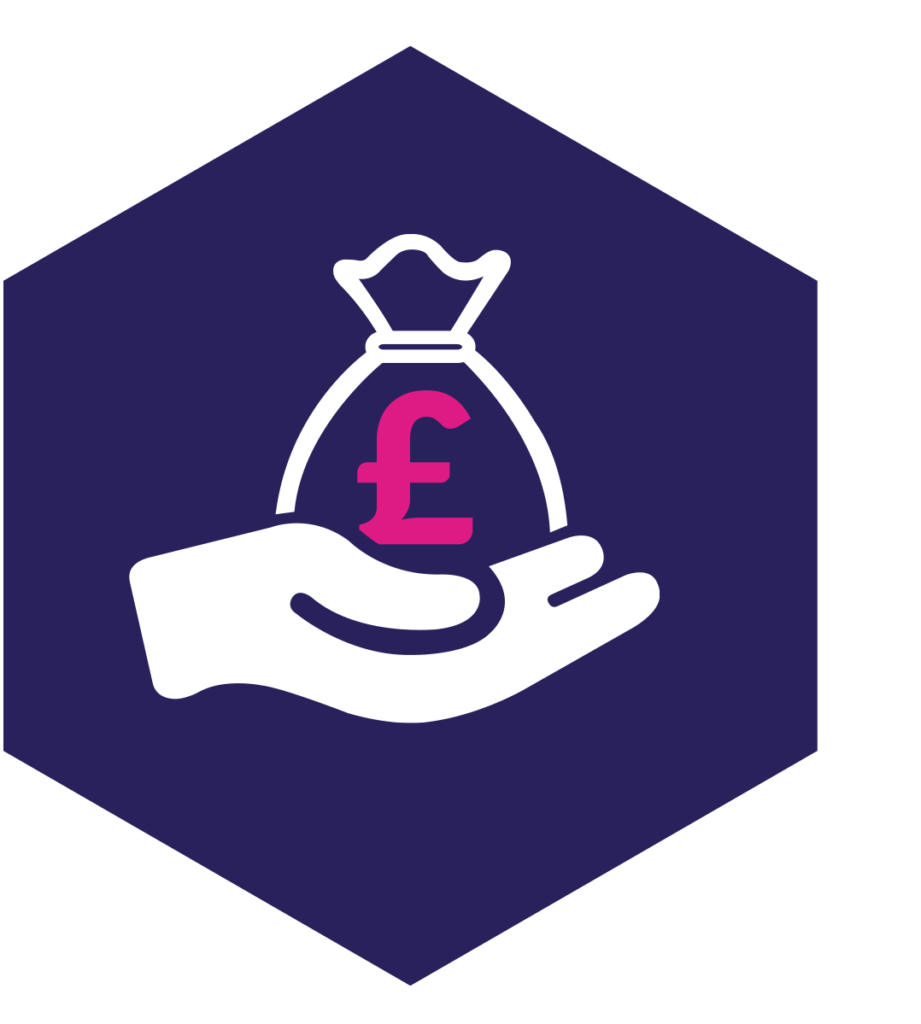While you’re on the hunt to buy a business, there are several things to consider to make sure you’re making the best decision.
Here, we answer all the important questions to help you determine whether the business you’re looking at is right for you.

Is buying a business a good idea?
You may wonder, is buying a business a good idea? Realistically, it depends on the factors of the business that is for sale. Although, in general, there are benefits to reap when it comes to buying a business.
One advantage of buying a business is that the long process of starting up a business has already been completed, so you needn’t worry about getting it up and running. This includes a pre-existing business plan, so you don’t need to start from scratch – but you can always make changes when necessary.
With an existing business comes existing clients and customers, so you have the benefit of earnings already being in place. However, it’s your responsibility to maintain the relationship and service to avoid them spending their money elsewhere.
Another benefit of buying a business is that you already have employees who are experienced in terms of the role, values, clients, and the work itself – therefore, you don’t need to allow time for the training of new staff.
Due to the business’ established financial history, you can calculate an estimate of earnings which comes in handy prior to even purchasing the business. So, if there is significant value, you can be confident in the earnings once you take over the company

What Questions to ask when buying a business
It can be tricky narrowing down what to ask when buying a business. However, it is crucial that you do ask the seller questions in case there is anything they haven’t covered already. Make sure that you ask the following:
Why are you selling your business?
There are many reasons someone may decide to sell a business. Whether the business isn’t making as much profit as anticipated or the seller is simply retiring, this is an essential question which could make or break your future with the company if you decide to buy.
Will you sign a non-competition clause?
This is applicable if the seller is starting a new business venture. If they agree to a non-competition clause, you can rest assured that they won’t be starting a competing business within a certain timeframe or location that would involve taking any of your clients.
How many hours per week do you spend on the business?
While resilience is expected when it comes to buying a business, it’s sensible to gain a rough idea of how much of your time in the week it will take up. If the hours are much higher than you expected, it might be best to look for an alternative business for sale.
Are there any liabilities to be aware of?
The business could be paired with some debts, so it’s important to find this out before you make a purchase and become responsible for any payments.
Are there any lawsuits tied to the business?
Whether they’re from the past or they’re pending, it’s vital that you’re aware of any lawsuits tied to the business that could damage the business’ reputation as well as your finances.
Do they have any tips that will help run this business?
Every business leader is different, so there are many ways one may decide to run the company. That being said, some advice can go a long way – whether that be related to clients, employees, or the general structure of the business.
How to evaluate buying a business
When looking at how to evaluate buying a business, there are several factors to keep in mind to help you determine whether it is worth the investment.
Calculate the price-to-earnings ratio (P/E)
The price-to-earnings ratio is calculated by an established track record of profits. The higher the earnings, the higher the P/E – and if the company has a high forecast profit growth, this also increases the P/E. Ultimately, it depends on the business – but to calculate the P/E, you need to divide the market value price per share by the company’s earnings per share.
Look closely at the assets
Look at what assets the business has, from equipment, supplies, and products. The seller should provide you with information on this, but to gain a valuation, you need to know what assets are under agreements like rental or which ones have outstanding amounts owed, as any fees that are yet to be paid will decrease the value of the business. A Net Book Value (NBV) will give a valuation of assets, which involves taking the original cost of an asset and subtracting the accumulated depreciation.
Consider unmeasurable valuables
While some assets to a company can be measured, there are other elements of a business that, despite being valuable, you can’t determine exactly what they’re worth. For example, there could be a group of high-quality staff members that have a lot to offer the business, and this could be one of the factors that add to the value. On the other hand, the staff may not be meeting expectations, and it may cost you to replace them – thus decreasing the value of the business.

What is SAV when buying a business?
If you find yourself wondering, what is SAV when buying a business? This is an important question to understand before you make a final decision to go ahead with a purchase. SAV stands for Stock at Valuation, and it refers to a valuation of the stock that is separate from the valuation of the business itself. So, to pay for the stock, you need to pay for this on top of the price of the business.
It’s necessary to be aware of this, as you need to consider the fact that you’ve got an extra fee to pay. From here, you can assess whether the purchase is within your budget.
Before anything is finalised, it’s helpful to have all of the important information about the business you’re interested in buying. From then, you can feel confident in your decision and your future as a leader.
